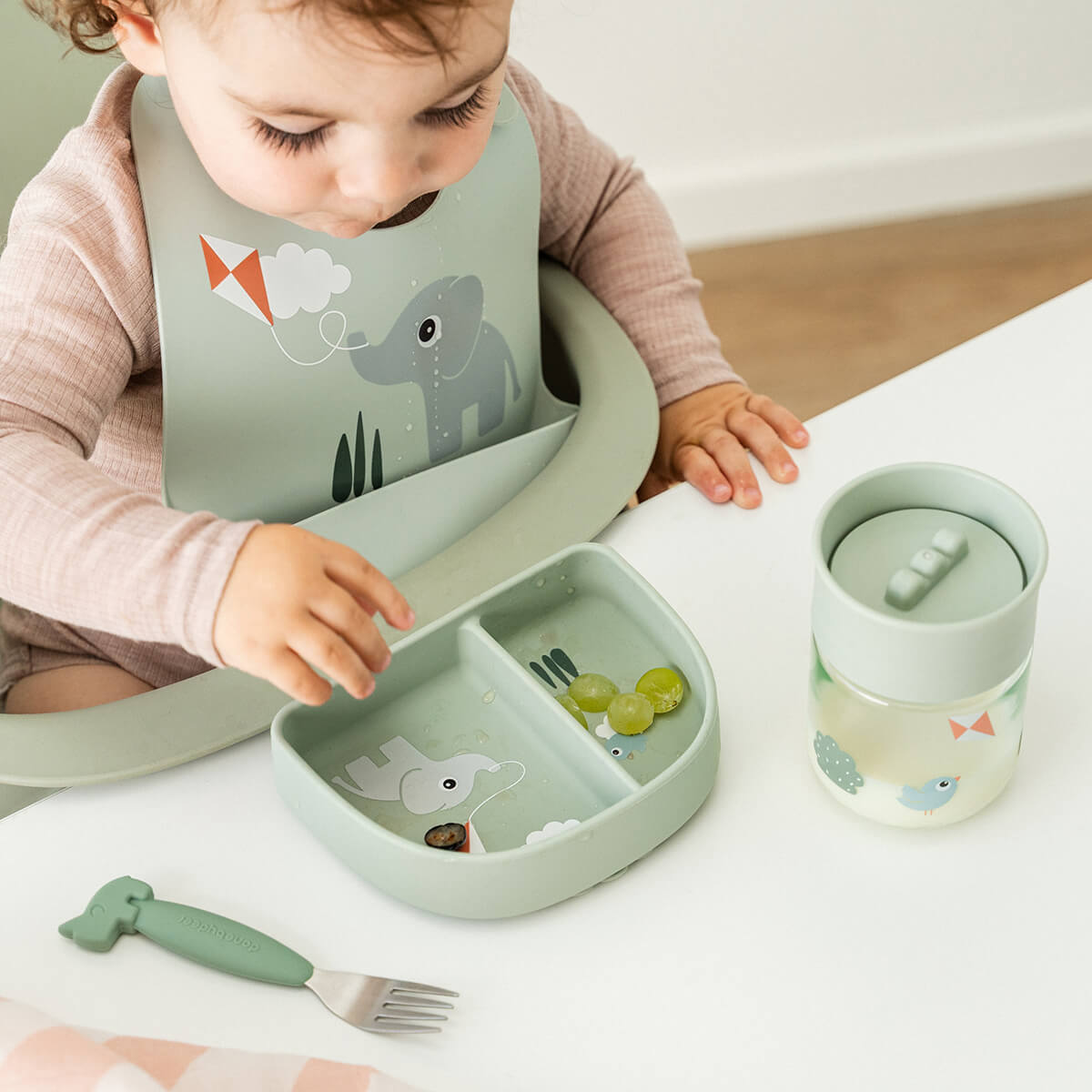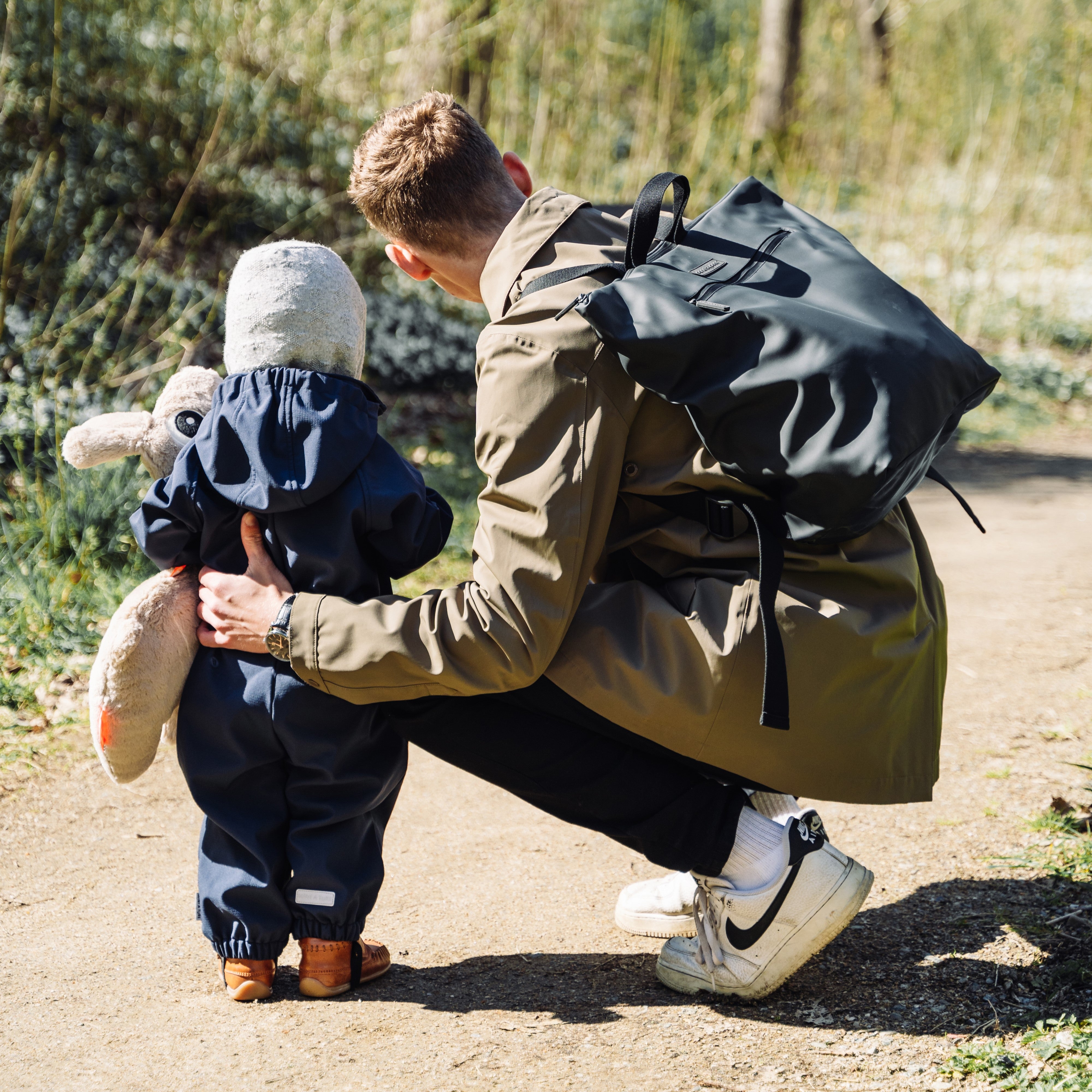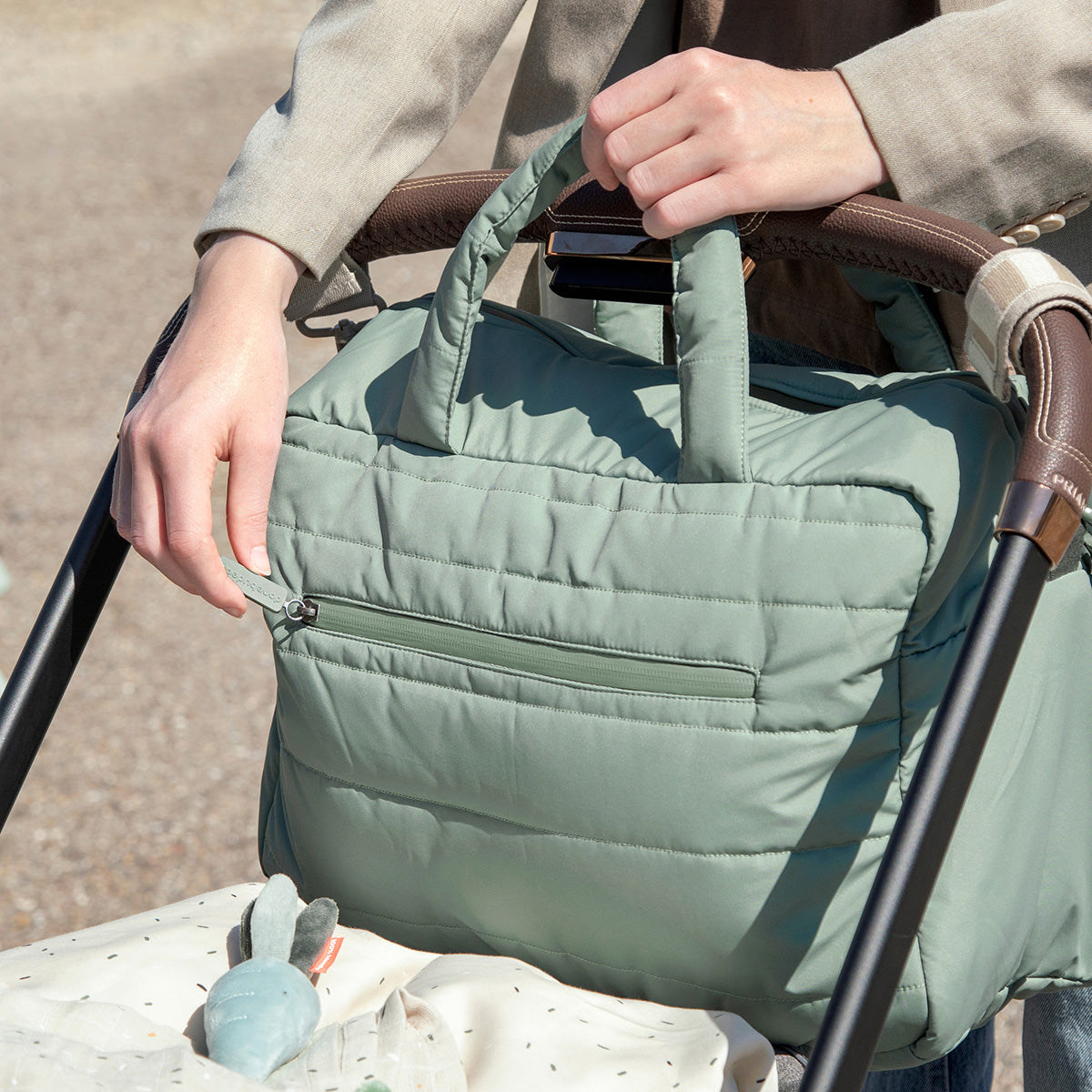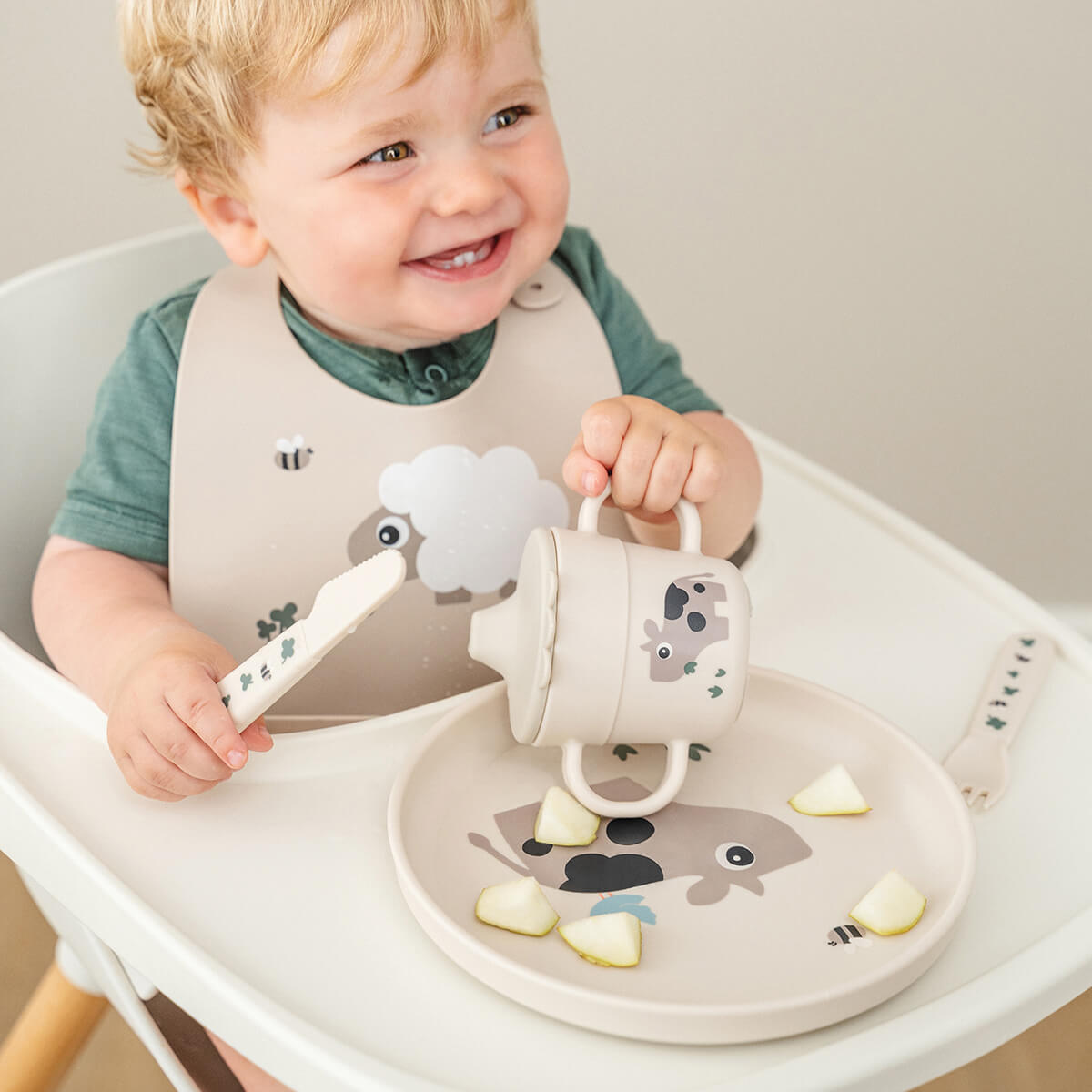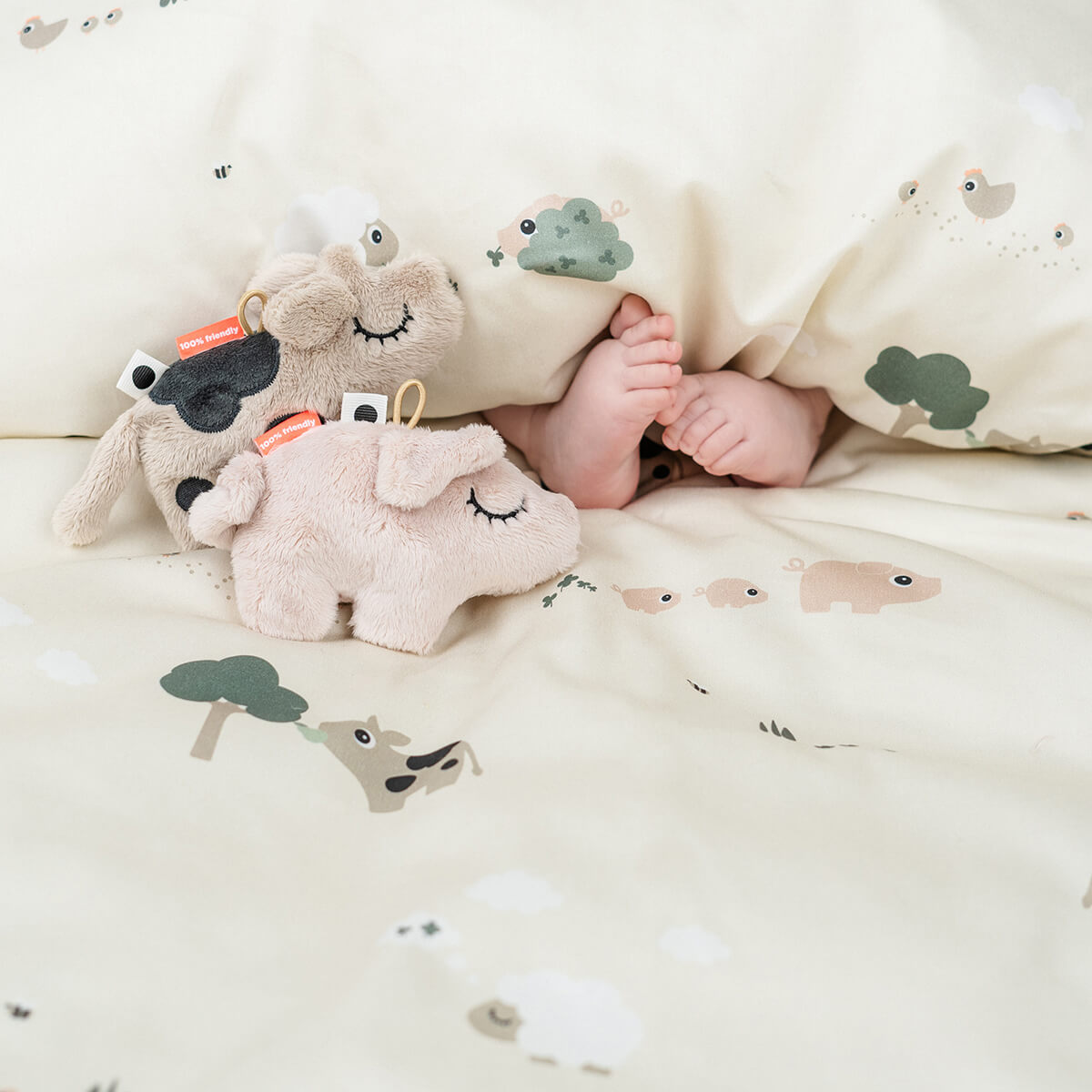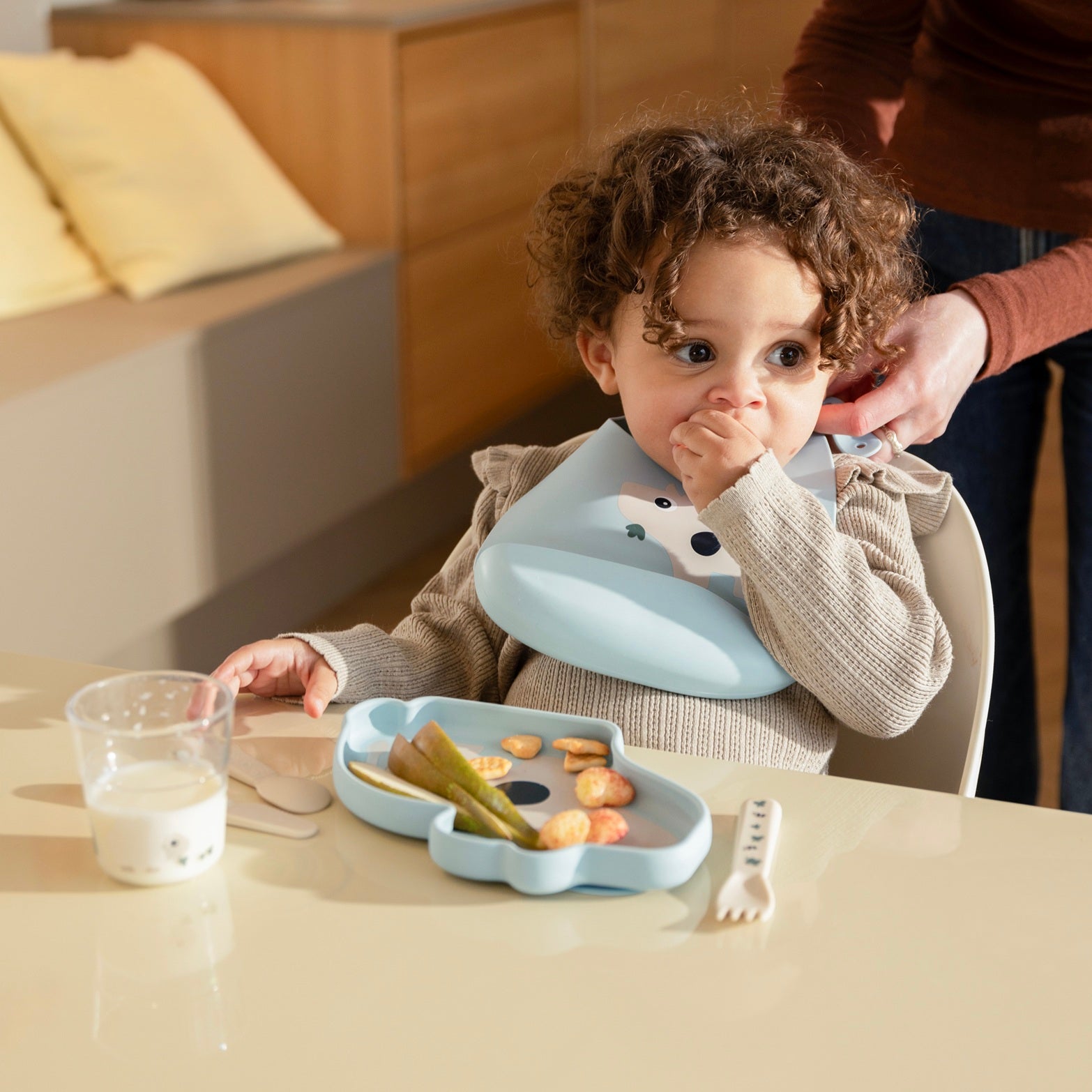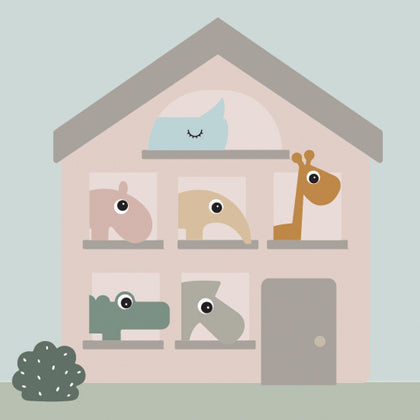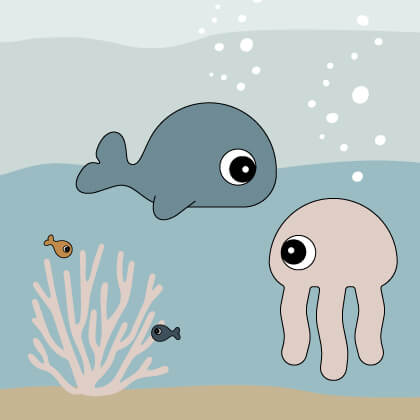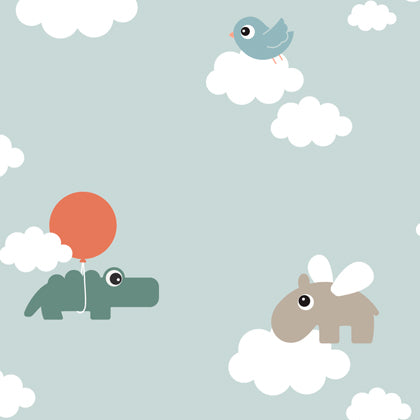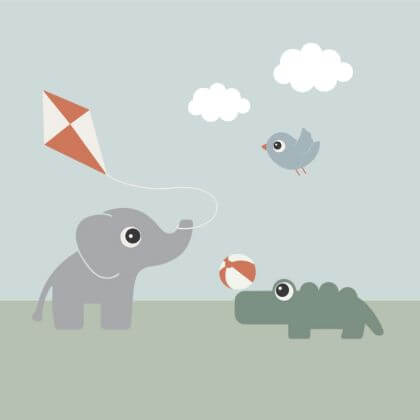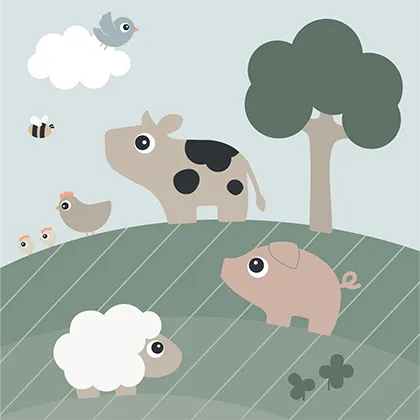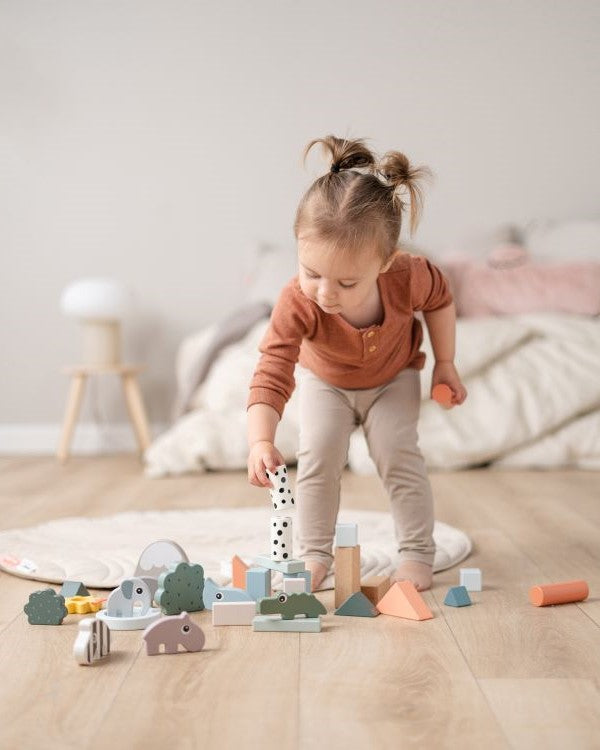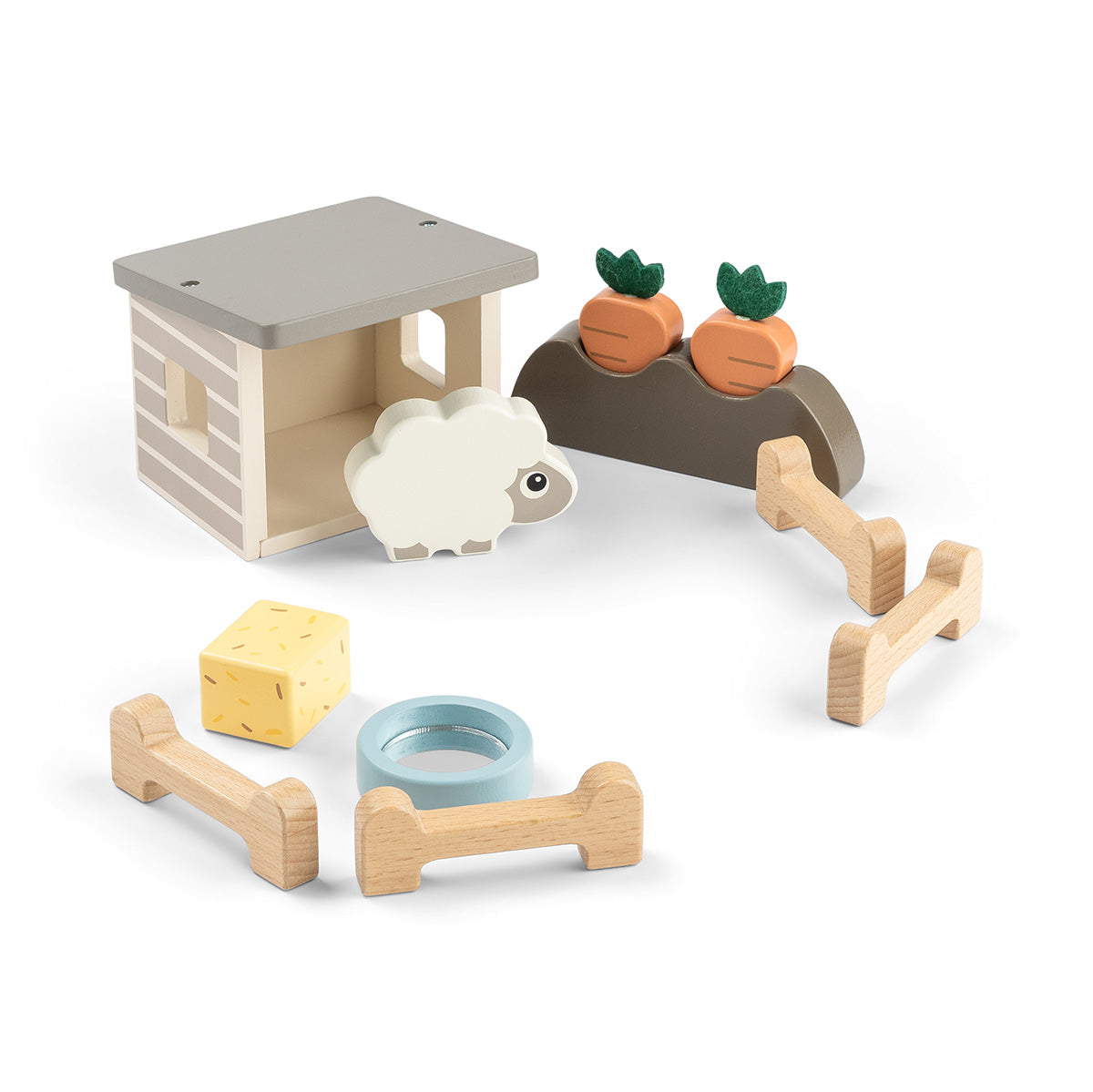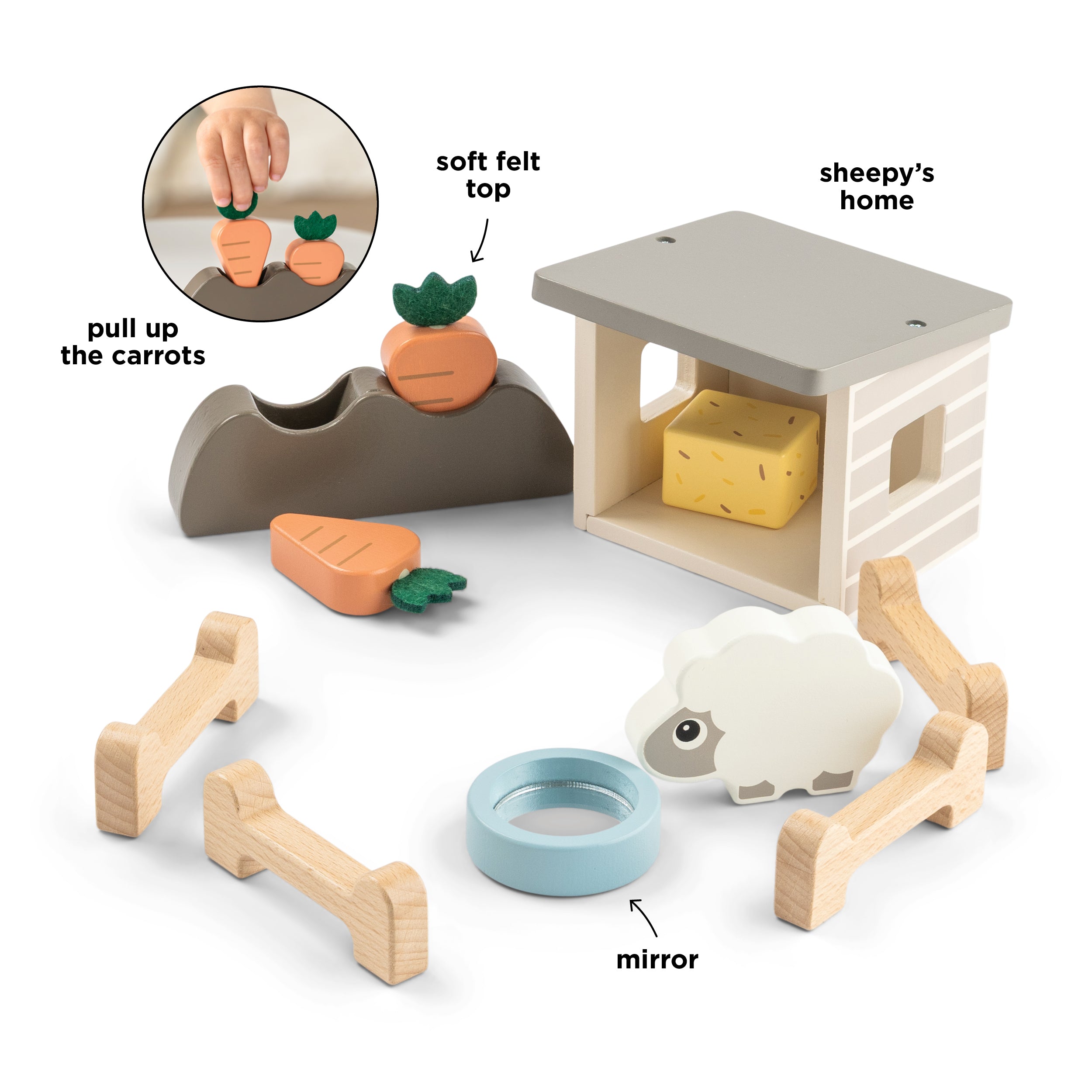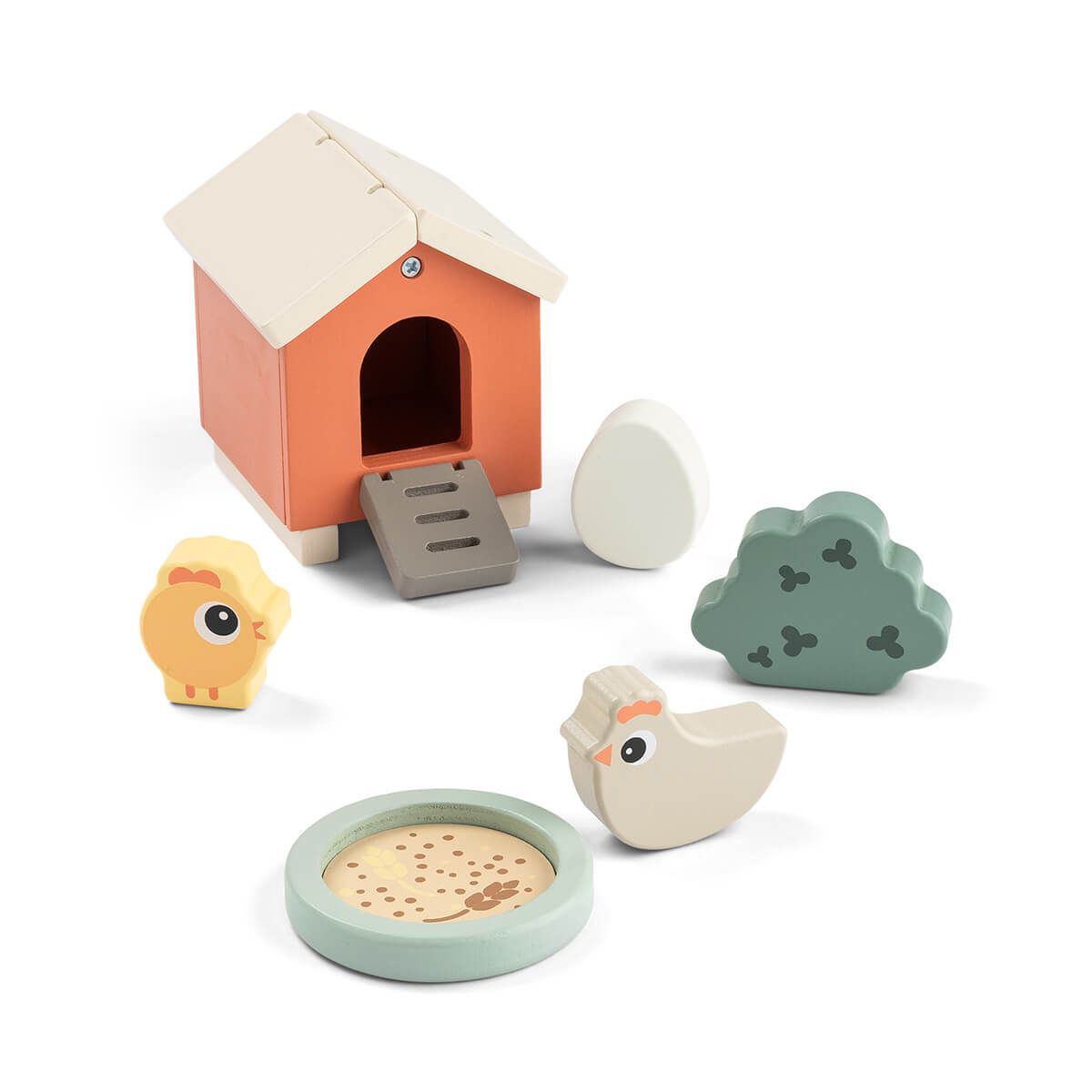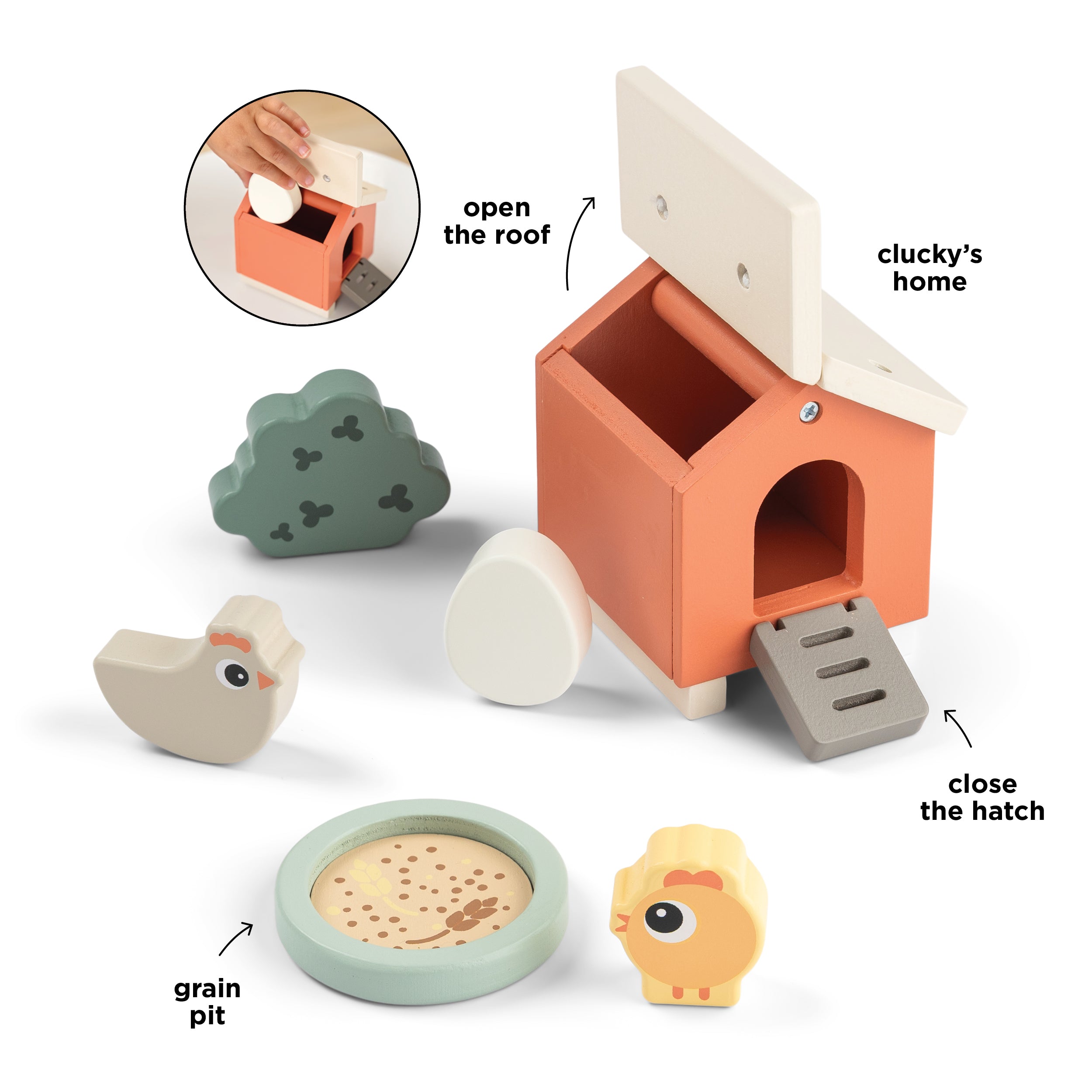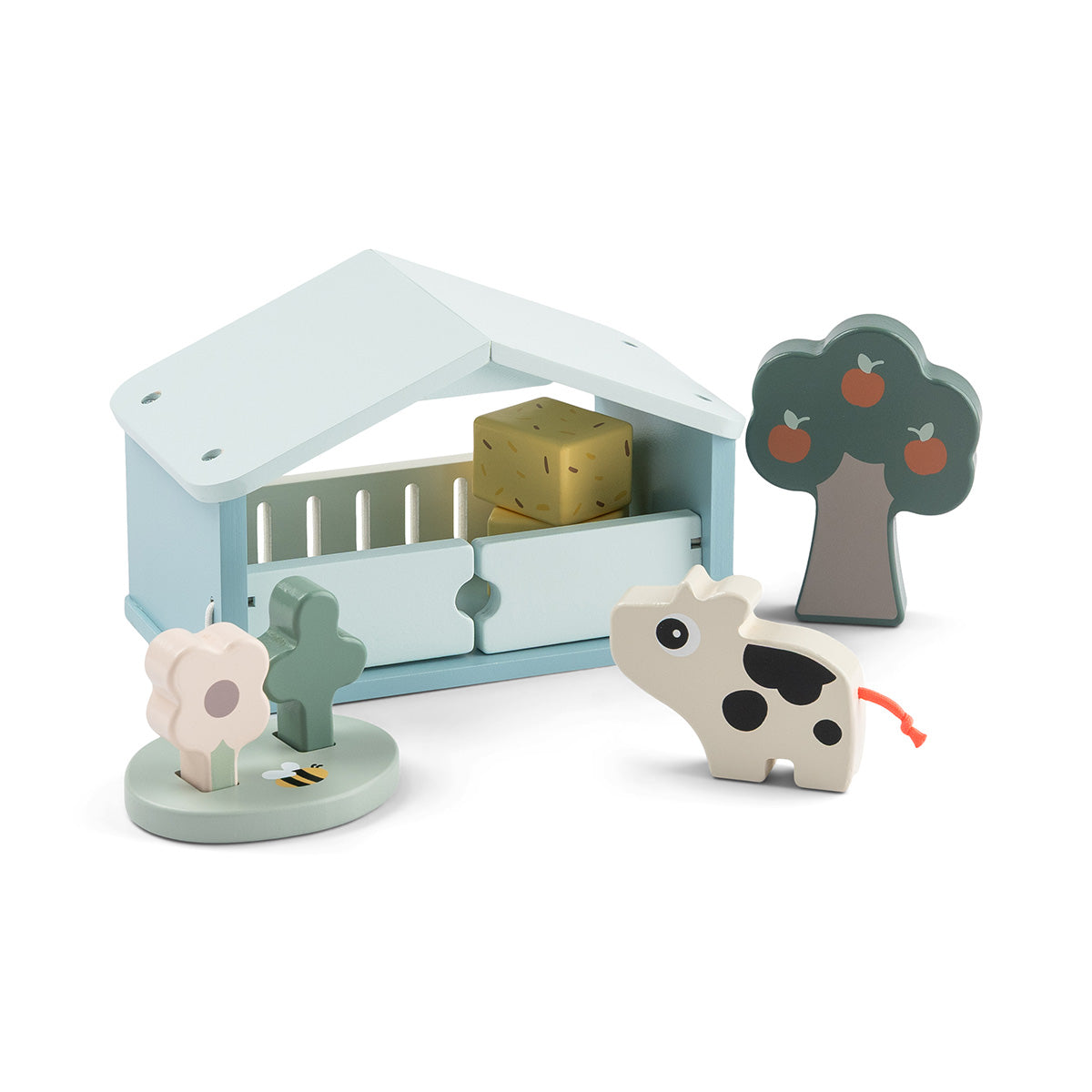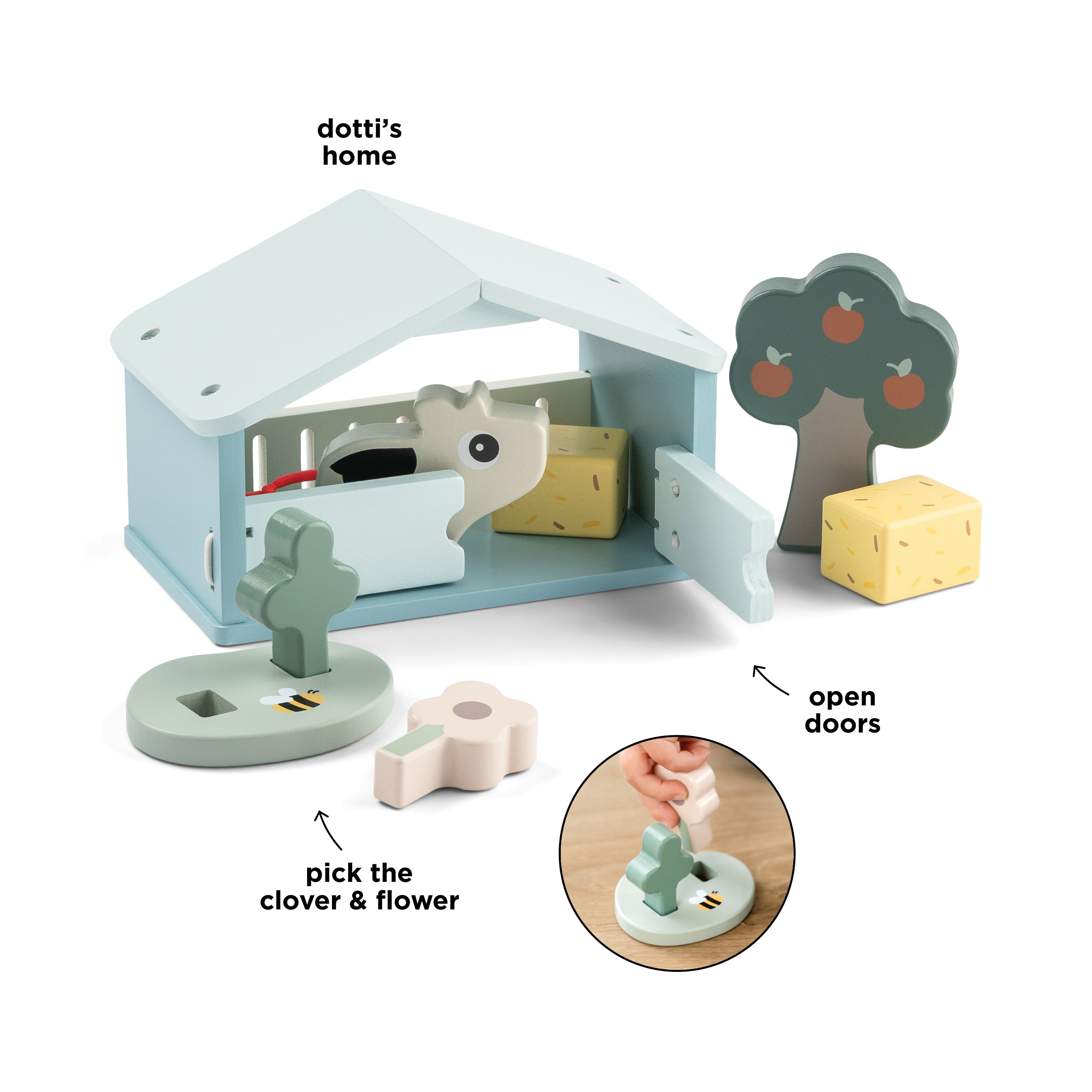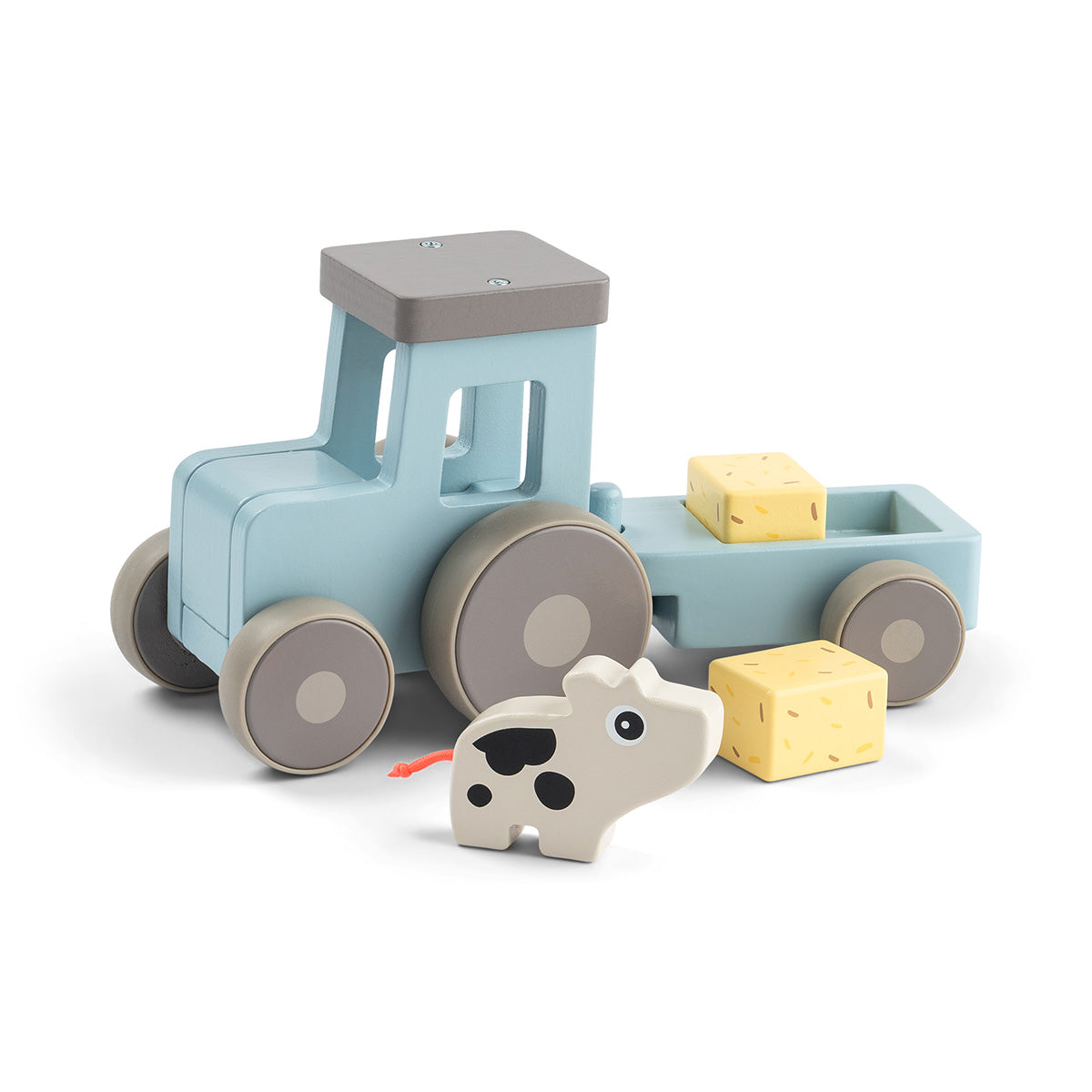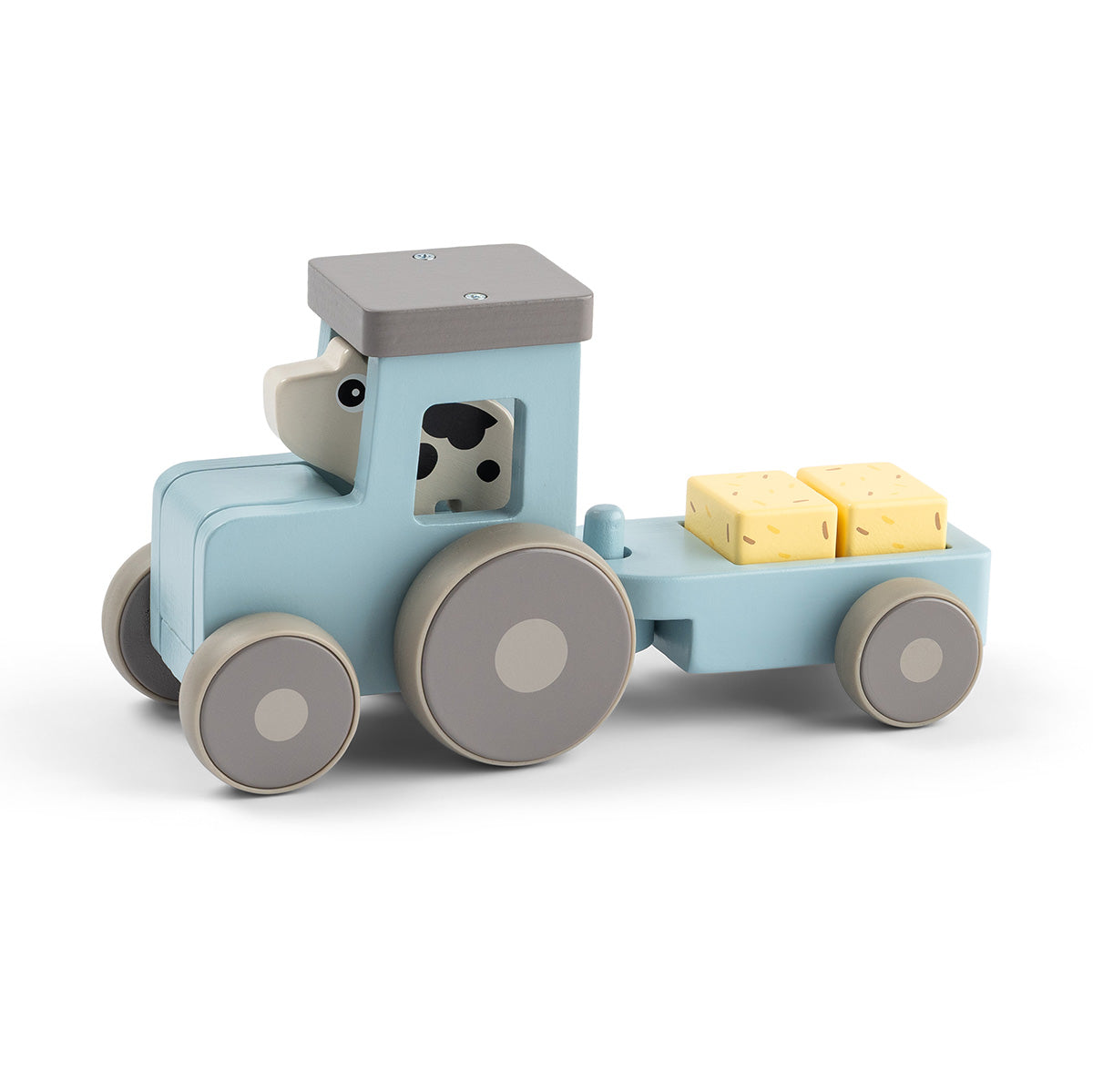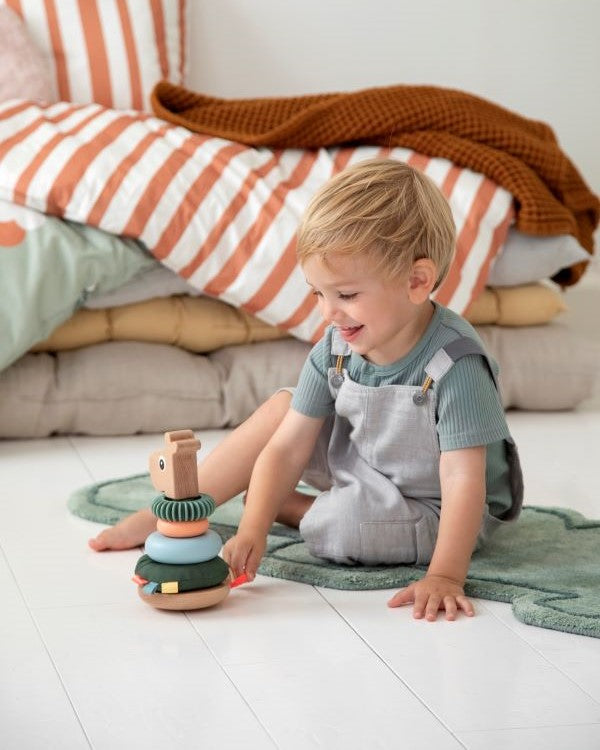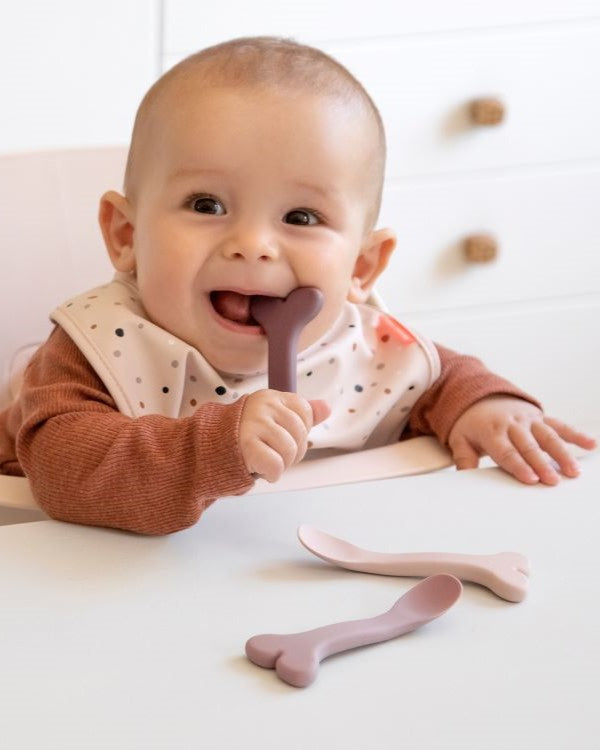the impact of toys on early learning
Toys play a crucial role in early learning by offering little ones opportunities to explore, create, and discover.
They’re more than just toys – they are tools that ignite curiosity and foster hands-on learning experiences. Whether building with blocks or solving puzzles, toys encourage problem-solving, critical thinking, and creativity.
Through imaginative play, children experiment with different roles and scenarios, gaining insights into relationships and social interactions.
Toys also aid in developing essential physical skills, such as coordination and motor control, and help little ones understand concepts like balance, spatial awareness, and cause and effect.
Learn more about the power of toy rotation here.
toys and the development of social and emotional skills
Play is fundamental for little ones to learn how to interact with others, share, and take turns, which is key social skills for building relationships and cooperation.
Engaging with peers or enjoying imaginative solo play helps children practice communication and collaboration.
On an emotional level, play allows children to express and explore their feelings. By acting out different roles and scenarios, they gain a better understanding of their own emotions and those of others.
This exploration helps them navigate social situations, fostering empathy and emotional resilience in a nurturing environment.
choosing the right toys for each stage of development
The toys your little one needs vary significantly as they grow from infancy into toddlerhood.
In the first few months, between 0 and 3 months, they are discovering a new world and require toys that stimulate their senses and provide comfort.
As they approach 3 to 6 months, playtime becomes a bigger part of their daily routine. During this stage, activities focus on building strength through tummy time and engaging with a variety of activity toys.
Between 6 and 12 months, your little one’s curiosity and activity levels grow significantly. This is a perfect time to introduce learning toys that aid in their physical and cognitive development.
As they enter toddlerhood, playtime becomes more dynamic. With their newfound ability to move around independently, walkers can help support their mobility. Plus, their increasing interest in outdoor play adds a whole new level of excitement to their experiences.
Read more about play time essentials for each stage of development here.
In conclusion, toys are far more than just toys. They are essential to a little one’s growth and development. They spark curiosity, enhance problem-solving skills, and support physical and emotional development.
As little ones explore, create, and learn through their toys, they are building the foundation for lifelong skills and confidence.
